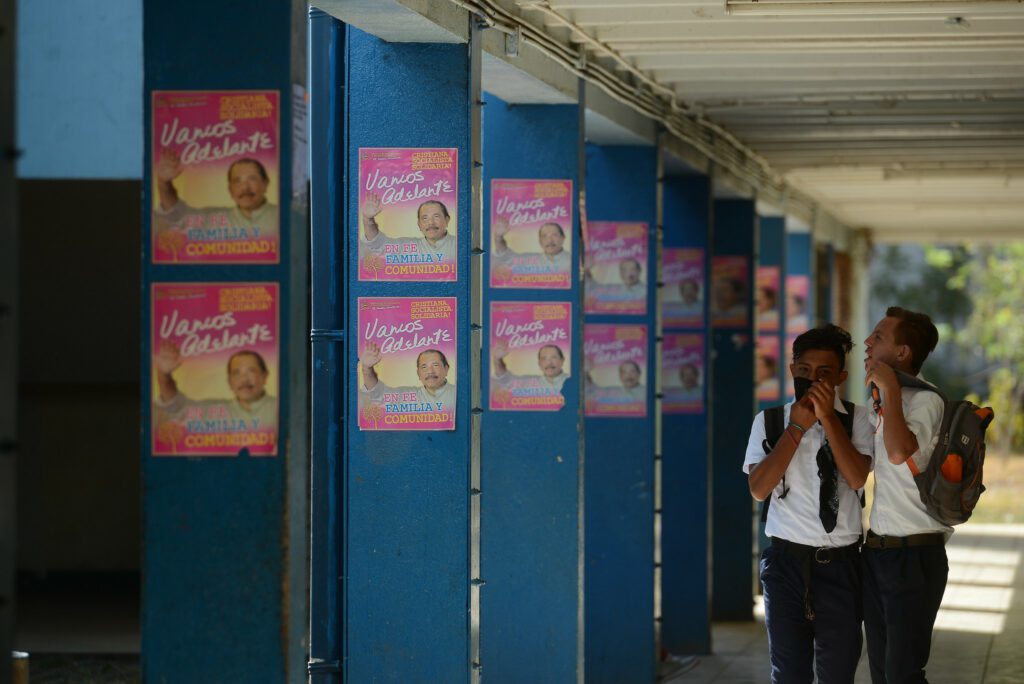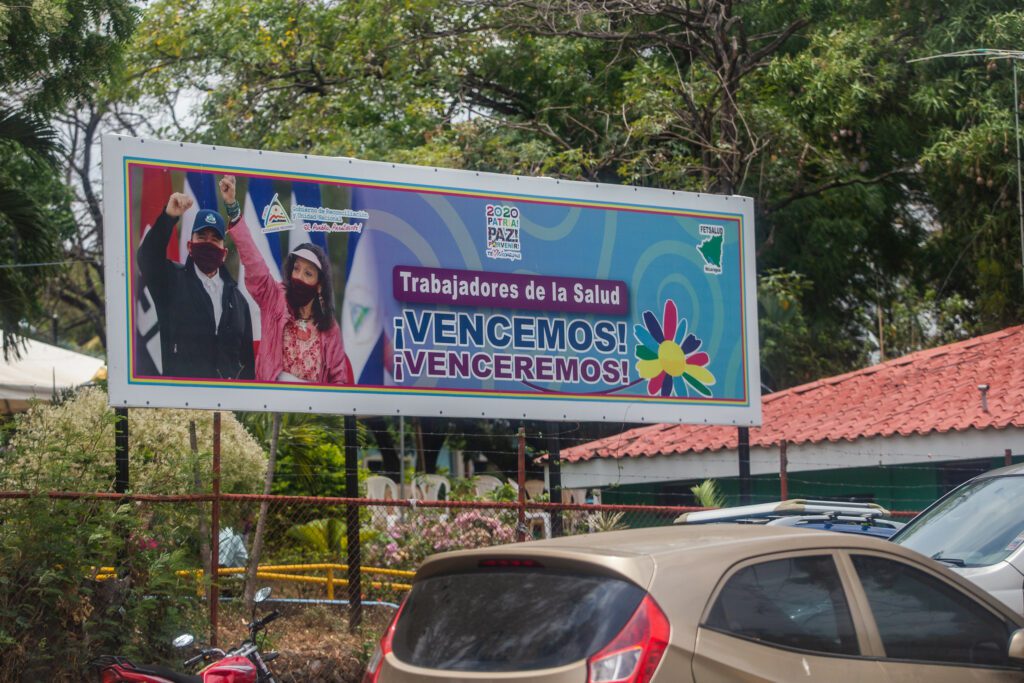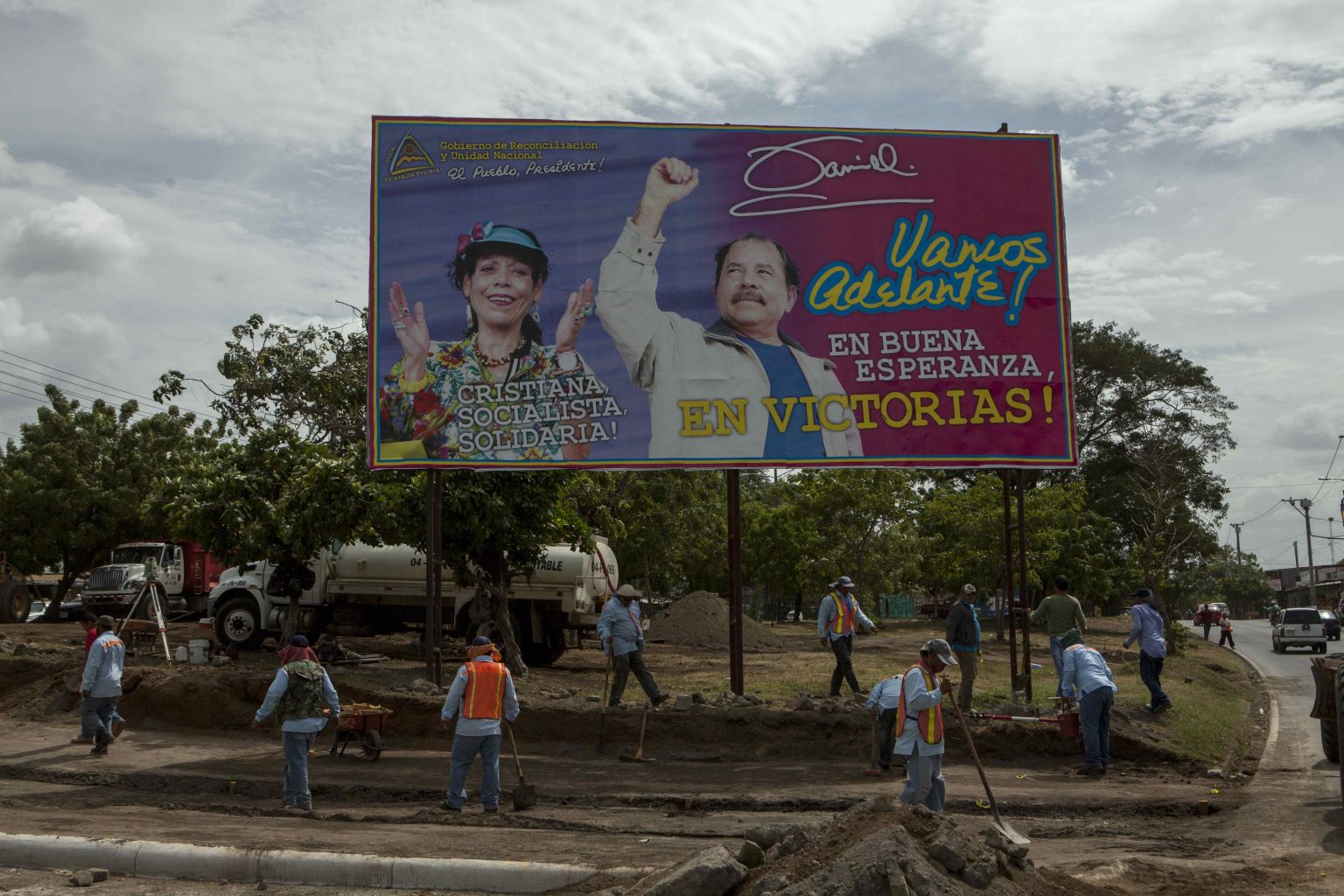In Nicaragua there are only 10 national holidays in the whole year, both for the public and private sector, according to the Labor Code. In practice, the dictatorship of Daniel Ortega and Rosario Murillo add celebrations outside the law that translate into days off, weeks of vacation and entire days in which the State stops its functions.
In 2023 alone, public officials have received 11 days off with pay outside Labor Code terms, according to the Ministry of Labor’s (Mitrab) releases. These days off have been for vacations of the national week, Holy Week and vacations at the beginning of the year.
This sum does not include November 2 and 3, which were announced as paid days off by Mitrab last October 30, despite the fact that they are not within the law. It also doesn’t include the upcoming Christmas vacations, which in 2022 lasted 11 working days, between the end of December and the beginning of January.
It should be noted that November 2 and 3 were declared holidays for political reasons, in which a commemoration to Carlos Fonseca, founder of the Sandinista Front, will be held, and different party activities will take place.
During these two days, several private sector companies also granted holidays to their employees.
Although Mitrab announces that the days off and the weeks of vacation are discounted from the legal vacations that State employees have, which are 15 days each semester, the reality is different.
“Civil servants enjoy their vacations by law. It is said that days off are counted as legal vacations, but in reality employees enjoy their full vacation days during the year. Nothing is being deducted from them and that comes from the national budget,” says Carmen, a lawyer who works with the government and requested anonymity.
“What is the efficiency of a State and of public officials who should be fulfilling their duties, but are on vacation?”
If we take into account the month of vacations, which are 30 days; the holidays, which are 10 days; and the days off or extended vacations, which are 11 days in 2023; around 170 thousand State workers would not work more than 50 days a year.
Days off increased considerably since 2022

Although the Ortega-Murillo regime has always provided paid days off to State workers since they took office, the practice has been more frequent since last year.
Initially, the Law declaring Mother’s Day as a national holiday on May 11, 2022 was approved, which added to 10 days of national holidays throughout the year. This date has been the only holiday formalized by a law.
However, Rosario Murillo at the beginning of last year also announced other dates as “national holidays”, such as February 14. In the same year, July 20 was also declared a holiday and at the end of the year state workers were given almost two weeks off.
“There are national holidays by law, but dates such as February 14 have been added, which in my opinion are a commercial holiday. There is no reason to give that day off,” explains Carmen.
The new habit of extended weekends
Meanwhile, in 2023, public employees started working on Monday, January 9 -from December 22, 2022-, despite the fact that the law only establishes December 25 and January 1 as holidays.
In addition, they did not work all of Holy Week, even though the law only gives holidays on Holy Thursday and Friday; and surprisingly they did not work during National Week either, even though the Labor Code only recognizes September 14 and 15 as a national holiday.
“In September they also gave them a full week’s vacation, when the law says it is only two days. The habit has led to the fact that vacations are extended more than they should be, because poor civil servants are tired from so much vacationing, and they are still given Monday and work until Tuesday”, says Carmen.
The last most recurrent practice is to extend weekends by declaring a holiday on Fridays when the holiday falls on a Thursday, as will be the case this November 2 and 3. In this case, although November 2 is not a national holiday, it is common practice that on the Day of the Dead half a day off is granted to working people. On other occasions, the Ortega-Murillo regime declares a holiday on Mondays.
“Now the practice is that if we have a weekend between days off, then we give them Friday or Monday so that employees continue vacationing and partying,” Carmen points out.
A deficient State

In addition to holidays, days off and extra vacations, there are also political activities in which many state employees are forced to participate, which also means stopping their work within the institutions.
According to Carmen, this makes Nicaragua’s public institutions highly inefficient and affects the citizens who have to carry out procedures in state entities such as the mayor’s offices, the courts or even hospitals and health centers.
“You go to a health center and specialist doctors are not there, they only come for emergencies or there are only general doctors,” says Carmen.
“This is terrible for ordinary citizens because they are counting on being able to do normal business on days that are not holidays, but you realize that you can’t, because employees don’t show up to work until the following week. Even for me as a lawyer it affects me because hearings and all the corresponding procedures are delayed,” she adds.
“This has to do with their narrative that we are a good government because we benefit you, we give you more vacations, you don’t have to work. This has always been their election campaign and it has been constant, but since last year it has worsened,” the lawyer says.





